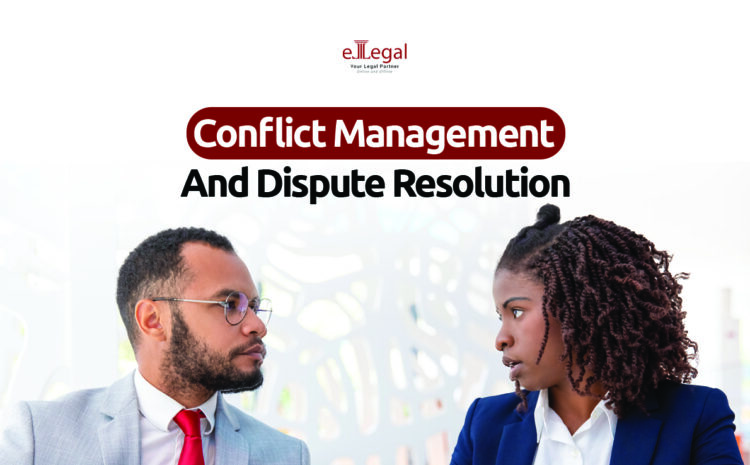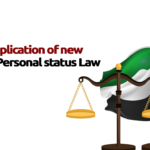
It is inevitable that as an individual or entity, you will encounter conflicts or disputes in different shapes or form while interacting with employees, clients, or partners depending on the relationship. As such, it is important to know the means to settle disputes in the best manner whenever it arise.
Difference Between Conflict Management and Dispute Resolution
Conflict management is practical and doesn’t concern itself as much with particular instances of conflict. Its purpose is to mitigate the impact of conflict and is more about finding tools to structure agreements that enable people to cooperate effectively despite their differences. Often, the conflict manager serves longer-term goals of improving learning, processes, or systems and fostering a more open-minded culture.
Conflict management is often used in conflicts which springs from the different values each party in the conflict holds. In some circumstances, the disputing parties will have reached an absolute deadlock with no chance of resolving the dispute. This is when conflict management is to be applied. Conflict management helps to lessen the impact of conflict.
Conflict resolution is a formal or informal process in which the two disputing parties try to resolve a disagreement peacefully. The dispute could be between individuals or between groups. It meets the requirements of human psychological needs. Unlike Conflict management, dispute resolution tends to be content-centred, short-term-focused, and concentrates on resolving issues in a relationship. Its purpose is to find a positive outcome from a situation that is void initially. Ultimately, conflict resolution is about ending conflicts and may imply introducing a third party to mediate between the disputants.
Conflict Management Styles
- Avoiding
One of the best ways to manage conflict is to avoid any form of conflict that seems to be arising.
- Accommodating
This involves one party to give up on their own concerns while meeting the other party’s needs just to avoid conflict
- Collaborating
In order to have a win-win situation, each party analyzes each other’s interests to be on the same page.
Conflict Resolution Skills
- Communication skills
- Leadership skills
- Emotional intelligence skills
- Interpersonal skills
Conflict resolution Process
- Discern the cause of the problem
- Detect the issues of the disputing parties
- Decide on a conflict resolution style which could be either mediation, arbitration, or conciliation
- Discover a solution to the issue
Conclusion
Knowing how to manage disputes through conflict management and dispute resolution is very important which is why it is best to tread carefully when dealing with conflicts. Conflict is distracting and has a way of affecting relationships which could be business or employer-employee, and if not dealt with correctly, can hinder or affect good-going relationships.
For more information on conflict and dispute resolution and how we can be of help, you can reach out to us for a free consultation.
We at eLegal Consultants look forward to meeting with you and are ready to journey with you to actualize your dreams. Contact us today.



